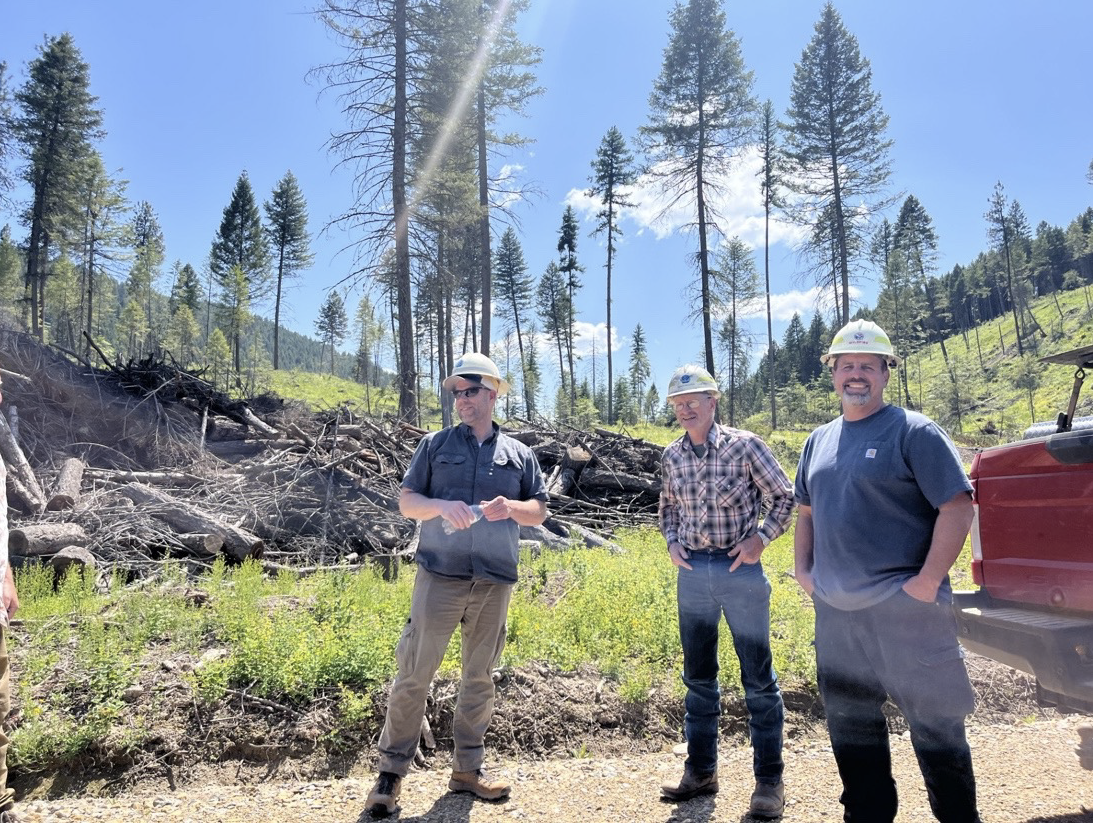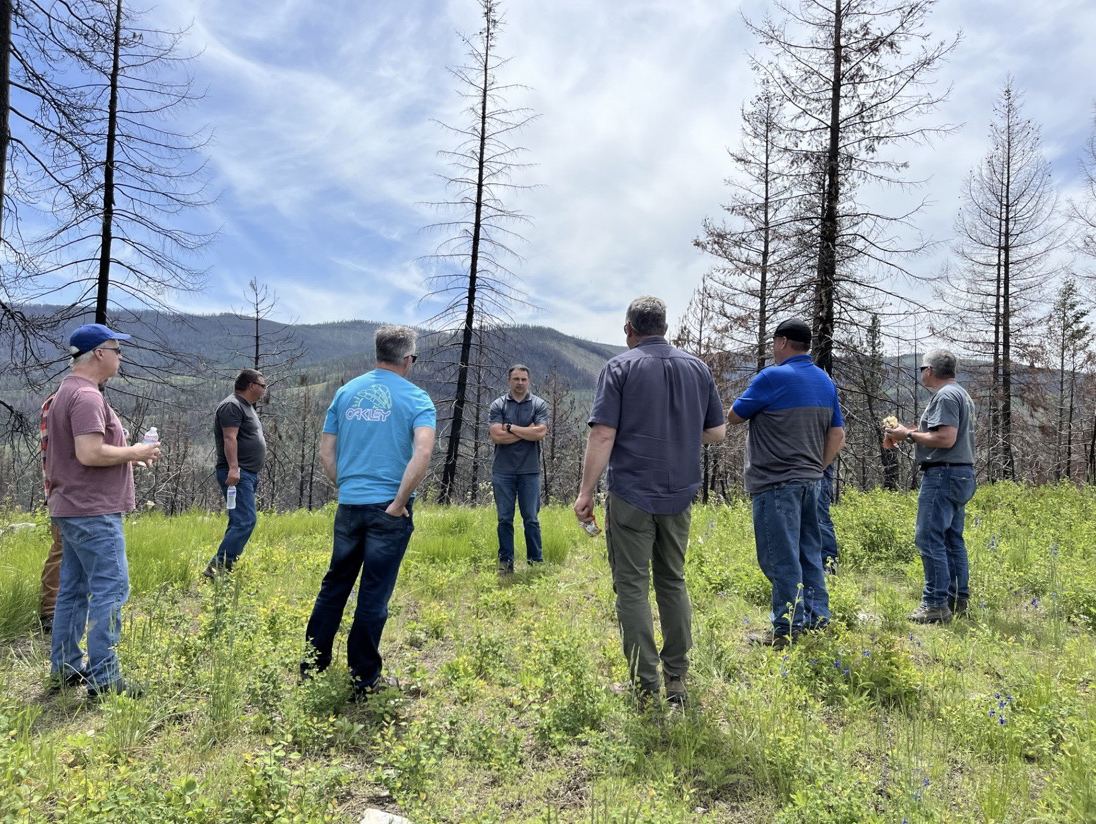21 Aug, 2023
Myno’s Biochar Carbon Removal Facility: Combating Wildfire Risk, Creating Jobs, and Boosting Ecological Restoration
Myno biochar Carbon Removal Facilities (CRF) utilize approximately 183,000 Bone Dry Tons of sustainability sourced waste biomass feedstock per year.The CRF will greatly increase the removal of large volumes of in-woods residuals (slash), including byproducts from ecosystem restoration activities on federal, state, and Tribal lands reducing hazardous fuels in the forests, wildfire risk, insect infestations and disease across the region. Alternatively, the fate of in-woods slash is traditional slash pile burning releasing PM 2.5 and other toxic pollutants (e.g., polycyclic aromatic hydrocarbons) resulting in poor air quality and public health concerns. Myno CRFs mitigate slash pile burning and the resultant pollution through utilizing in-woods biomass waste as a biochar feedstock.

Washington State Dept. of Natural Resources Colville Regional Office team meets with Myno to discuss optimizing slash recovery on DNR managed timber lands for Myno’s CRF standing in front of a slash landing pile near Colville, Washington.
Myno is working hand in hand with The Washington State Dept. of Natural Resources, the US Forest Service, Tribal Nation parnters among others to procure sustainable waste biomass for Myno CRFs to reduce wildfire risk and improve ecological restoration efforts. Our facilities will be a vital resource for un-merchantable biomass, providing timberland managers an avenue for removing biomass waste, reducing costs from slash pile burning, reducing the risk of wildfires, and improving regional air quality.
These feedstock procurement efforts also create significant job growth in rural timber-dependent communities. Myno believes that the transition to a climate resilient future depends on these types of projects, and Myno is committed to developing projects that bring these important co-benefits for the climate and community.

Cody Desautel, Executive Director with the Colville Tribes, alongside the Colville Forestry Department, British Columbia Ministry of Forests, and Myno representatives stand on a ridge above hundreds of acres of standing dead timber, the result of a catastrophic wildfire that burned through the Colville Tribe’s managed timber lands.

